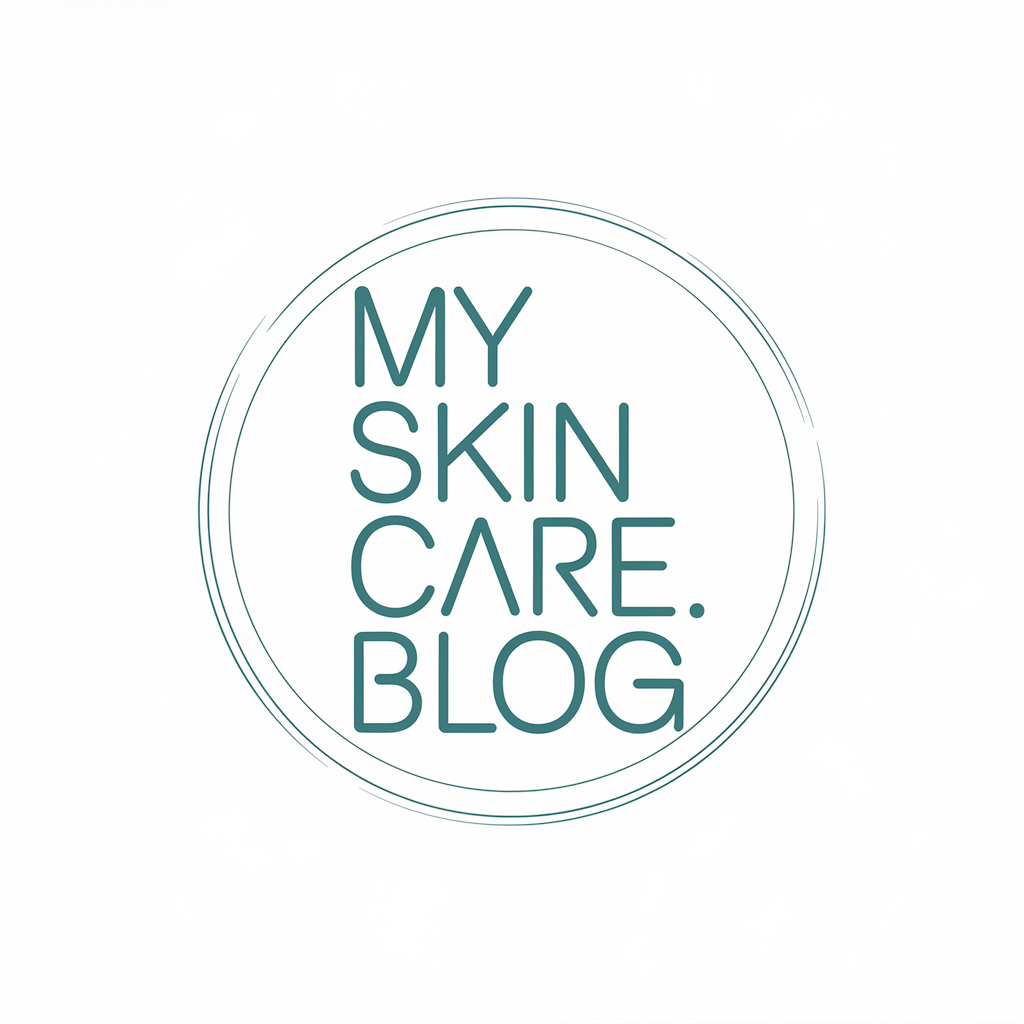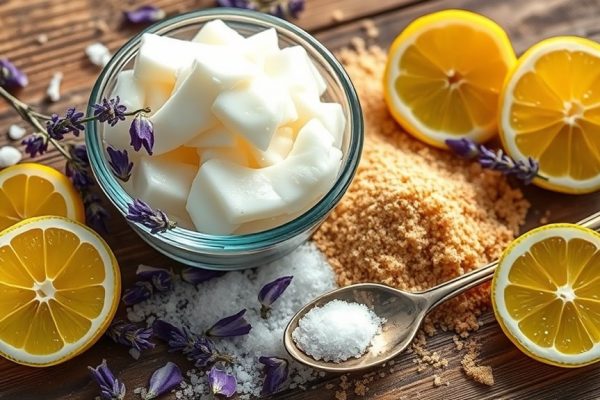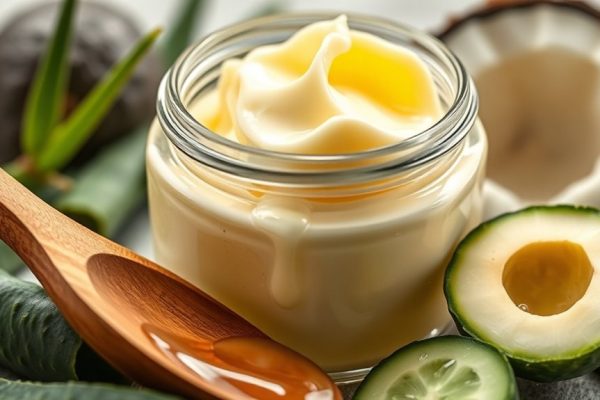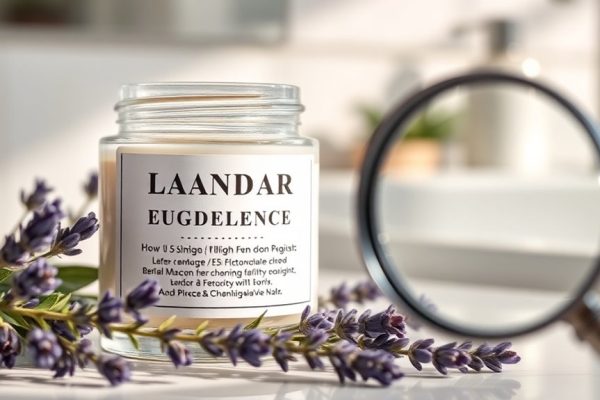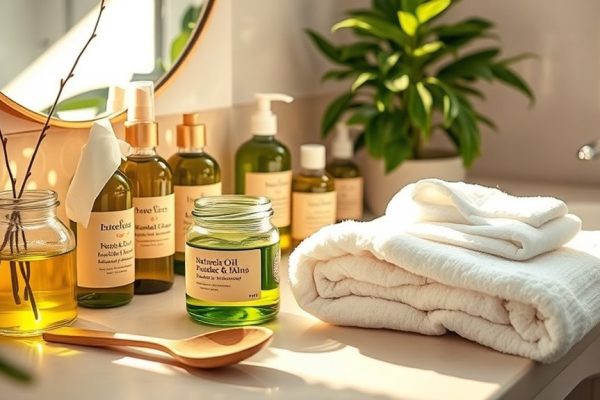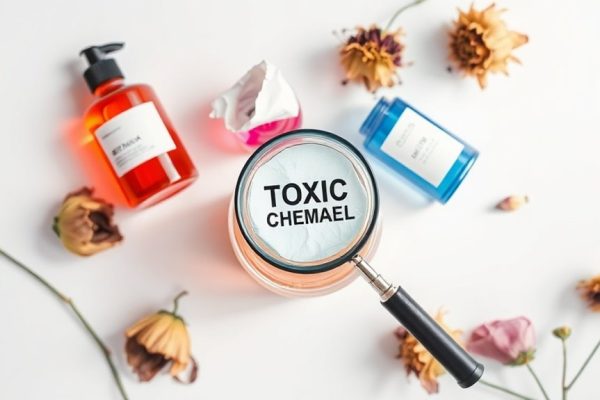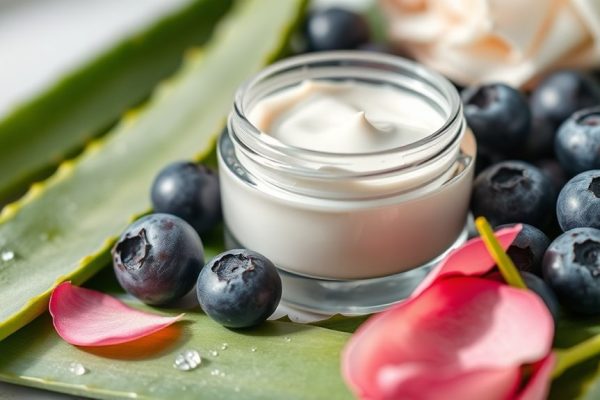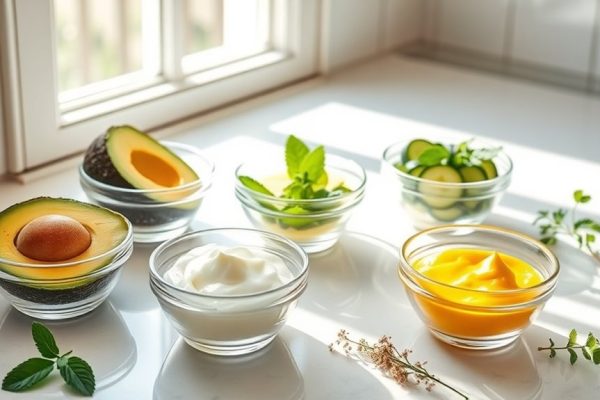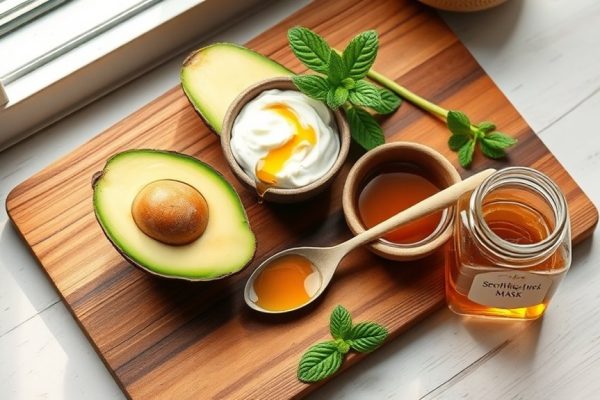
How to Make a Soothing Mask With Ingredients From Your Kitchen
How to Make a Soothing Mask With Ingredients From Your Kitchen Key Takeaways Choose calming kitchen ingredients like honey, oatmeal, or yogurt to create a nourishing mask for your skin. Mix selected ingredients in a bowl until smooth, adjusting for desired consistency. Ensure your face is clean before applying the mask evenly with fingers or…
